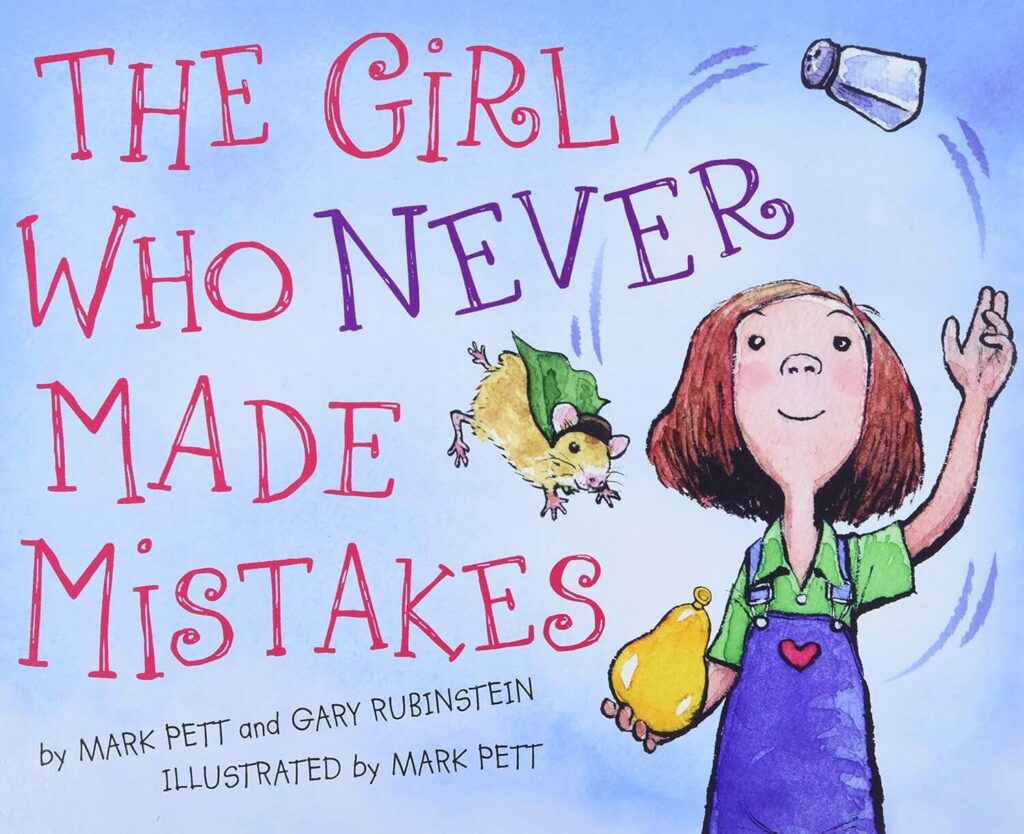Sneak peek: Why do students cheat? Research helps us understand cheating, especially those who seem too “smart” for it.
When I was in graduate school, I worked as a teaching assistant for various professors in the department. This job entailed the usual responsibilities—grading papers, helping students with assignments, and preventing cheating.
One particular semester, I was an assistant for one of the senior members of the faculty in a child development class. Most of the students that semester were sophomores in our department and so they had limited experience with academic journal articles, which they were expected to read and analyze.

As I helped guide the discussion during class, I noticed this one particular student. She seemed as though she actually read the articles and was fairly eager to participate in the discussion. Having her in class was a nice change from my past experience with students who were often apathetic and did not read the material.
As I sat down to grade the first round of student essays, I was not surprised to find that her paper was one of the better-written ones. Analyzing and interpreting scholarly research was not an easy task for these students, and many were at a complete loss. She, however, seemed to have a good understanding of the assignment.
Related reading: The Secret to Raising Happy Kids: Don’t Focus on Happiness
When the next assignment came around, I again saw that her paper was well written. Then I read more closely and realized that some of the text seemed familiar. I went back to our journal articles and compared the text. I realized then that she had plagiarized whole paragraphs of the journal text in her article. No wonder I thought it was so well-written! Even worse was the fact that the article that she had plagiarized was written by the professor of the class!

Why Do Students Cheat?
I went on to work as a teaching assistant for several years and caught other incidents of plagiarism. There’s nothing like some cheating college students to make you question the future of the well-being of our country! This particular student’s story stuck with me, however.
Why would a student who seemed so intelligent and engaged bother to cheat? She seemed to have strong skills and be reading at least portions of the texts; why not take the time to do the assignment correctly?
A recent study of young children actually may help inform our understanding of this situation and children’s behavior in general.
This study considered how the type of praise that kids receive might influence whether or not they cheat. We don’t often think of this, but sometimes we praise kids for their intelligence (e.g., “You’re so smart) and other times we praise them for their performance or effort on the task (e.g., “You worked so hard on that project”).
Research shows that kids who are praised for intelligence are more likely to cheat on a later task, compared to those praised for performance. This offers at least one answer to the question of “why do students cheat?”

The Research on Praise and Cheating
The answer to “Why do students cheat” may have a lot more to do with praise than we previously thought. It seems that praising intelligence sets up a mindset in which kids feel that this is some innate part of their personality—“you are smart.” Whereas praising effort sets up a mindset in which effort is always possible, so changing the outcome is probable. As many of you probably know, this distinction is known as a “fixed” versus a “growth mindset“.
Much research has already explored the differences between fixed and growth mindsets, but few studies have specifically examined cheating. In this case, it seems that kids who think they are innately “smart” feel they have a reputation to protect, so they are more inclined to cheat to maintain this. In contrast, kids who are praised for effort understand that their hard work is what produces the good grade or high score and thus do not feel this same pressure to maintain a reputation of intelligence.
So was the girl in my class a case of too much “intelligence” praise? Well, we will never know for sure, but it does make you wonder if the pressure to seem “smart” overwhelmed her in a new situation where the expectations were higher than she was accustomed to in high school. The lesson it seems is that no matter how brilliant we think our children are, it’s perhaps better to praise them for their hard work and effort.
Tips and Resources for Promoting a Growth Mindset:
- For younger kids, try to promote positive self-talk. Kids will often say things like, “I’m just dumb, I will never learn this.”
- Offer them language or little mantras to replace this negative talk with positive self-talk. In our house, we say, “Everything takes practice.” Another good option is focusing on the word “yet.” As in, “I haven’t mastered this skill yet.”
- For older kids, discuss famous failures who had to keep persisting over and over again until they were successful—Steve Jobs, Albert Einstein, and Thomas Edison. Here’s a good list.
- Bring in examples from your own life. Did you experience a time when you thought you’d never succeed at something but kept persisting? Recall a time when your hard work really paid off. Your kids will probably love these stories, and it’s a great bonding time too.
Books that Foster a Growth Mindset





Leave a Reply